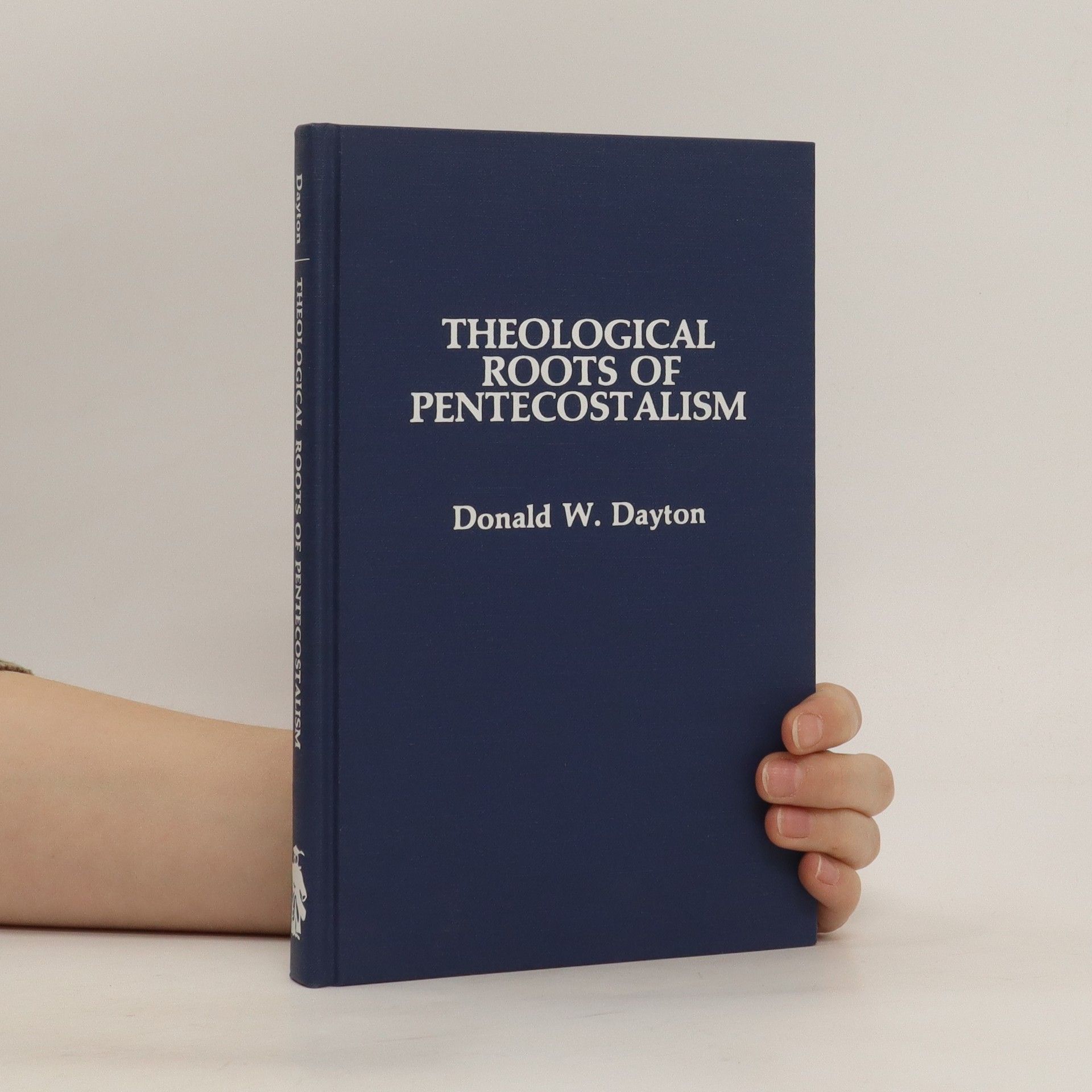Donald W. Dayton Book order (chronological)
Donald W. Dayton is an author who delves into the realms of theology and ethics. His writing is dedicated to fostering a deeper understanding of faith and morality. Through his work, he offers readers insightful reflections on spiritual and ethical matters. His perspectives are informed by rigorous academic study and extensive teaching experience.
